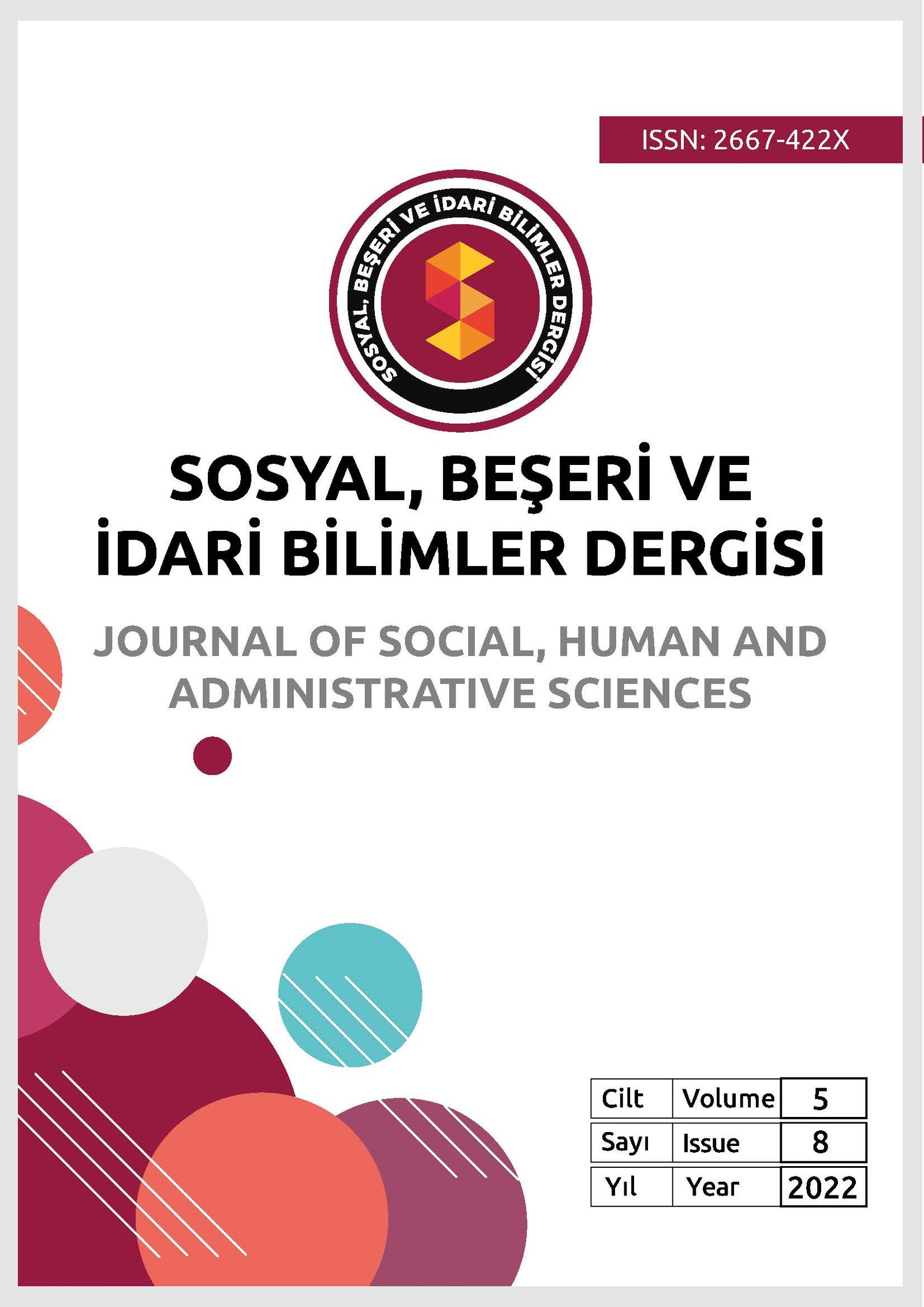Smartphone Addiction, Perceived Parental Attitude, Social Exclusion and Academic Self-Efficacy in Secondary School Students
Main Article Content
Abstract
This study was carried out to examine the effects of parental attitudes, social exclusion, and academic self-efficacy on smartphone addiction of secondary school students. The research sample includes 202 students from TED İzmir Secondary School in the Urla District of İzmir in the 2019-2020 academic year, 109 females and 93 males. Data were obtained by the participants through the Sociodemographic Information Form, the Short Version of the Smartphone Addiction Scale, the Perceived Parental Attitude Scale, the Social Exclusion Experience Scale, and the Children's Self-Efficacy Scale. Adolescents who were at 8th grade, were 14 years old, had no hobbies, were not supervised by their parents, used their phones for 4 hours or more per day, and used their phones primarily for social media were shown to have higher rates of smartphone addiction. Academic self-efficacy was found to be a statistically significant and negative predictor of smartphone addiction. For intervention studies, determining the factors that predict smartphone addiction with age through longitudinal studies is critical.
Article Details

This work is licensed under a Creative Commons Attribution 4.0 International License.

